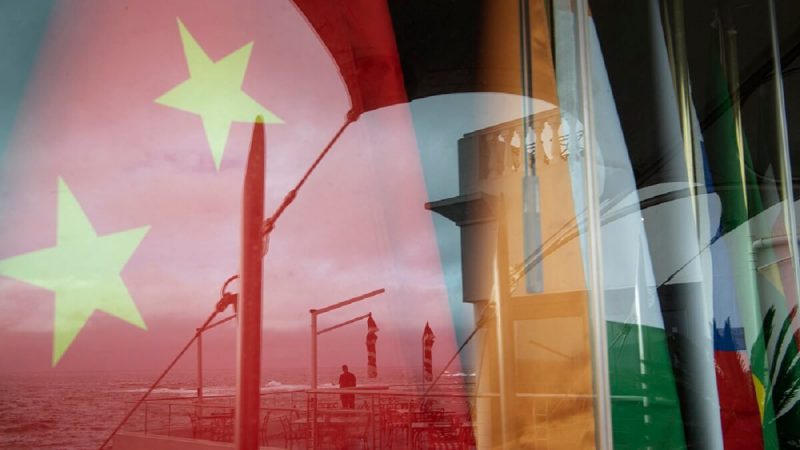The recent changes in global events indicate that BRICS could weaponize oil and gas to benefit native currencies. BRICS kick-started the de-dollarization efforts by settling oil and gas trade with local currencies and not the U.S. dollar.
The alliance is looking to throttle the U.S. dollar with the most commonly used commodity in the world oil, and gas. Therefore, the race towards ‘currency supremacy’ heated up days before the upcoming BRICS summit in Johannesburg.
Also Read: BRICS Creating a New Currency to Replace the U.S. Dollar Is Laughable
Those who control the oil supply control a major chunk of the global trade. BRICS is looking to end dependency on the U.S. dollar by convincing other countries to pay in local currencies. In addition, the alliance is also convincing oil-producing nations to join the bloc and challenge the U.S. hegemony.
De-Dollarization Efforts: BRICS Challenges U.S. Dollar With Oil & Gas


In a landmark move, India settled crude oil trade with the UAE by paying in Rupees and not the U.S. dollar. The Indian Oil Corp settled payment with Abu Dhabi National Oil Company (ADNOC) using the Rupee, reported Reuters. India has also made cross-border transactions smoother by allowing other countries to open special Vostro bank accounts to trade in Rupees.
Also Read: BRICS Developing New Payment System To End Reliance on the U.S. Dollar
Apart from India, even France settled an LNG gas trade with China by paying the Chinese Yuan. Russia has been transacting in the Chinese Yuan for importing its oil to China and Saudi Arabia. In addition, the top oil-producing country Saudi Arabia is considering accepting the Chinese Yuan for oil settlement.
Also Read: BRICS: U.S. Dollar Dominance May Be Coming to an End
In conclusion, oil and gas could be the main key to strengthening local currencies and sidelining the U.S. dollar. Additionally, things are falling into place as eight Arab countries have expressed interest to join the bloc. The BRICS expansion could be a game-changer that could challenge the U.S. dollar’s prospects in the coming years.





